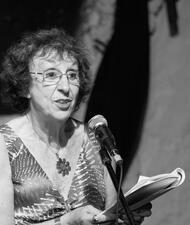Jewish History: Antisemitism
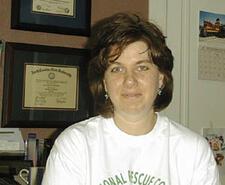
Lynn Amowitz
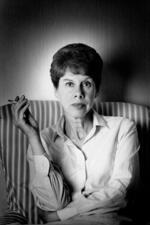
Anglo-Jewish Writers in the Twentieth and Twenty-First Centuries
Anglo-Jewish women writers have been active creators within the British literary arena since the late nineteenth and early twentieth century. The 1960s and 1970s saw the emergence of a number of Jewish female voices, although it was not until the 1990s that the works of Jewish women writers began to be recognized as part of the British literary canon. Anglo-Jewish women writers’ multifaceted perspectives are reflected in a literary production characterized by experimentation and fragmentation.
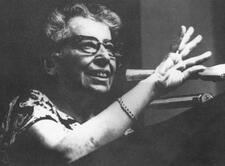
Hannah Arendt
Brilliant and controversial, Hannah Arendt was a German-trained political theorist whose books exerted a major impact on political theory in North America and Europe. The Origins of Totalitarianism (1951) made her an intellectual celebrity in the early years of the Cold War. She was the first woman to become a full professor at Princeton University.
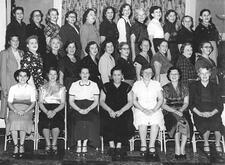
Assimilation in the United States: Twentieth Century
Jewish women assimilating into a changing American society across the twentieth century navigated often conflicting gender roles. As they strove to achieve upward social mobility, they adapted Jewish assumptions of what women, especially married women, should do to accommodate American norms for middle class women. Their collective accomplishments registered in political activism, organizational creativity, strong support for feminism, religious innovation, and educational achievement in the face of antisemitism, stereotypes, and denigration.

Austria: Jewish Women Artists
Most Jewish women artists from Austria have been forgotten due to the male domination of the Austrian art sphere and the Holocaust. However, many Jewish female artists in Austria created influential work and established their own system of education and their own organizations, leading to a flourishing female art world until 1938.
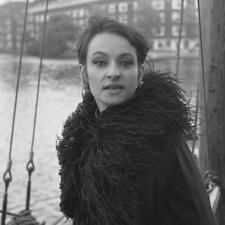
Barbara (Monique Andree Serf)
Barbara (Monique Andrée Serf) was a French singer and composer whose melancholy style rose to national significance. Born in Paris in 1930, after World War II Barbara studied music, rising to fame in the 1960s. Her Jewish identity and wartime experience as a child influenced her non-conformist persona as an artist, and through her song lyrics, she advocated for Franco-German reconciliation.
Matilde Bassani Finzi
Matilde Bassani Finzi was an active Italian anti-fascist who relentlessly fought the injustices of Mussolini and the Nazis. She continuously worked towards the ideals in which she believed: freedom, democracy, and equality for women.
Gretel Bergmann
Gretel Bergmann was a highly successful German track and field athlete. While studying at London Polytechnic, she became the British high jump champion in 1934. Returning to Germany to train for the 1936 Olympics in Berlin, she was denied entry to the German team even though she tied the German high jump record of 1.60 meters.
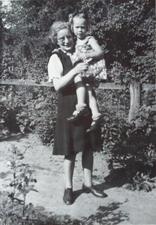
Clementine Bern-Zernik
A lawyer by training, Vienna-born Clementine Bern-Zernik produced broadcasts for the US Office of War Information in London during the war, served as the director of a Displaced Persons Camp in post-war Germany, and spent the last 50 years of her life as a UN liaison to the New York Public Library. Throughout her life she maintained a strong Austrian identity and was a founding member of the Austrian-American Federation.
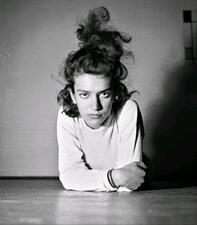
Eva Besnyö
Photographer and photojournalist Eva Besnyö was born in Budapest in 1910. In the 1930s Besnyö moved to Berlin, where she quickly became successful with numerous exhibitions and commissions and spent time with politically engaged intellectuals and artists. Following the war, Besnyö was active in the Dolle-Mina feminist movement and was awarded the Dr. Erich Salomon Award for her life’s work.
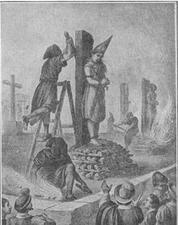
Women of the Carvajal Family
The devotion of the Carvajal women to forbidden Jewish practices helped their family become the most famous Hispano-Portuguese secret Jews of colonial Latin America. The determination of these conversas, or New Christians, to create a recognizable Jewish identity shows the importance of women to crypto-Judaism at a time when the Inquisition of Spain and its territories prosecuted this belief system as heresy.

Phyllis Chesler
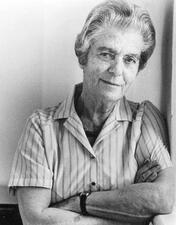
Elisheva Cohen
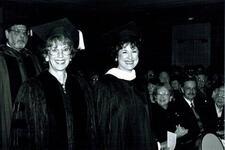
Pamela Cohen
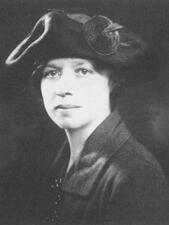
Rose Gollup Cohen
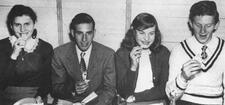
College Students in the United States
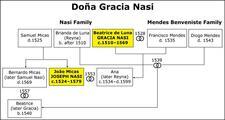
Conversas
After the establishment of the Inquisition in 1478, observance of crypto-Judaism became dangerous and more difficult. Women were at the center of Judaizing efforts, since the home was the only remaining institution in which one could observe Jewish law. Crypto-Jewish women most frequently observed the Sabbath and dietary laws.

Gerty Theresa Cori
Rose Laub Coser
Sociologist Rose Laub Coser redefined major concepts in role theory—the idea that our actions are largely dictated by our roles in society—and applied them to expectations of women’s roles in the family and the workplace.
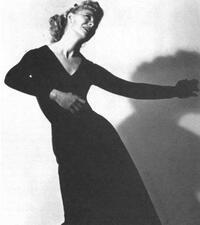
Modern Dance Performance in the United States
Jewish immigrants to the New World brought with them their ritual and celebratory Jewish dances, but these traditional forms of Jewish dance waned in the United States. Working-class and poor Jewish immigrants parents sought out culture and education in the arts for their children, often as a vehicle for assimilation. Jewish women were particularly attracted to the field of modern dance.

Teresa de Lucena
Teresa de Lucena was born in Toledo, Spain, in 1467, the fifth of six daughters in a distinguished converso family. She faced the Spanish Inquisition twice—at seventeen and at 62—and she survived. Details about how she and her peers defied the Inquisition and continued to practice Judaism in secret come to life in her trial testimony, captured by scribes as she spoke.
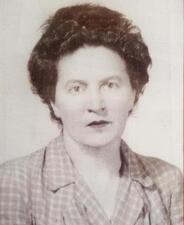
Berta Blejman de Drucaroff
Berta Blejman de Drucaroff was a prominent activist of the Yiddisher Kultur Farband (YKUF/ICUF) and a communist militant in anti-fascist organizations. She was president of the YKUF Women's Organization (OFI) and the main promoter of the reading circle network (leien kraizn) in Argentina.
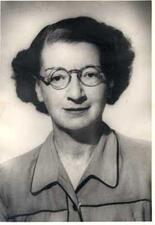
Tilly Edinger
Tilly Edinger made her mark as one of the leading vertebrate paleontologists of the twentieth century. Her pioneering work in paleoneurology, the study of fossil brains, established her international reputation as the outstanding woman in her field. She performed research in Germany before World War II and continued researching and teaching in the United States until her untimely death in 1967.
Lotte Errell
Photojournalist Lotte Errell worked tirelessly to make her adventurous travels in Africa, China, and the Middle East accessible to her readers at home in Germany and beyond. Her success illustrates how photography and travel journalism provided women with new possibilities for independence and careers. Errell traveled the world throughout the 1930s taking photos and writing essays, but she was interrupted in the 1940s by the war.
